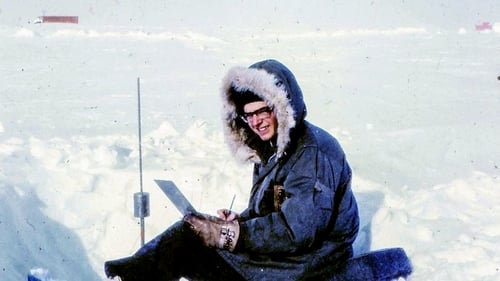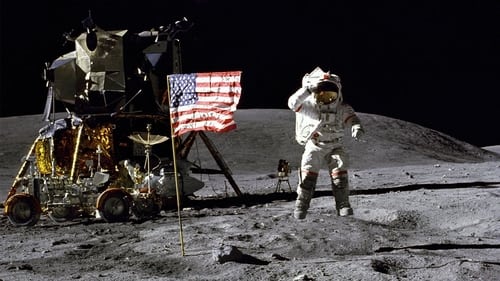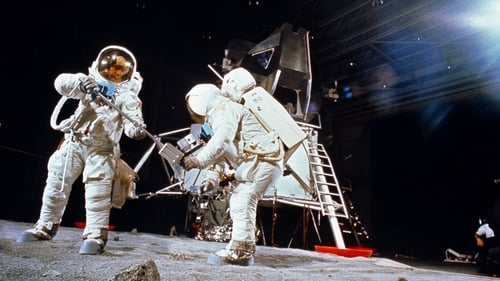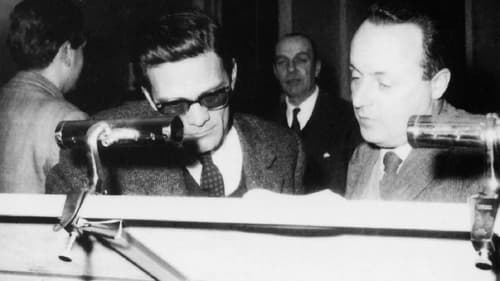Yuri Gagarin
출생 : 1934-03-09, Klushino, Soviet Union
사망 : 1968-03-27
약력
Yuri Gagarin was a Soviet Air Forces pilot and cosmonaut who became the first human travel into outer space: his capsule, Vostok 1, completed one orbit of Earth on 12 April 1961.

In Ivry sur Seine, in the Parisian suburbs, the Gagarin housing estate was a symbol. Destroyed in 2020, this film brings it back to life, through the eyes of Adnane Tragha, who grew up across the street, and through the words of its former inhabitants. Back in the deserted city, they evoke their memories of the place. Daniel, Loïc, Karima, Yvette, Foued, Samira and Mehdy tell us about their lives, their experiences and their feelings. The difficulties as well as the solidarity, the stigmatization as well as the mutual aid, the good memories as well as the bad. Crossing temporalities and experiences, "We grew up together" paints, through small subjective touches, the story of a city like so many others. This film is a "counter-history", the rehabilitation of a word that is too rare, a hymn to working-class neighborhoods. "At the same time documentary, fiction, archival work, We grew up together is multifaceted, like the city.

Self - Cosmonaut (archive footage)
Spain, 1519. Ferdinand Magellan, Portuguese navigator in the service of King Charles I, undertakes, at the command of five ships, a commercial expedition to the Moluccas. The story of the first circumnavigation of the world, completed by Juan Sebastián Elcano in 1522.

Self - Cosmonaut (archive footage)
How in 1959, during the heat of the Cold War, the government of the United States decided to create a secret military base located in the far north of Greenland: Camp Century, almost a real town with roads and houses, a nuclear plant to provide power and silos to house missiles aimed at the Soviet Union.

Self
“Chasing the Moon,” a film by Robert Stone, reimagines the race to the moon for a new generation, upending much of the conventional mythology surrounding the effort. The series recasts the Space Age as a fascinating stew of scientific innovation, political calculation, media spectacle, visionary impulses and personal drama. Utilizing a visual feast of previously overlooked and lost archival material — much of which has never before been seen by the public — the film features a diverse cast of characters who played key roles in these historic events.

Self - Cosmonaut (archive footage)
July 20, 1969. Apollo 11 lands on the surface of the Moon. Such a feat was apparently performed to the greater glory of all mankind, but actually it marked the end of the space race disputed by the two great superpowers of the time in their eagerness to arrive before and the beginning of the spread of the Cold War into space. Nowadays, the struggle continues, but the main competitors and their purposes are others.

Self (archive footage) (uncredited)
Drama based on life and stories of one of the most popular Soviet/Russian writers - Sergei Dovlatov.

Self (archive footage)
A story about four British scientists who have created a probe which will take a seven year long trip to the largest moon orbiting Saturn, Titan. Designing and building a vehicle that will travel more than 2 billion miles across space is not an easy task as it is shown in Destination Titan. The documentary follows the story behind the creation of a probe that is the culmination of a lifetime endeavor which will be strapped onto what is essentially a giant bomb and hurled out of earths atmosphere on a seven year long journey. will they succeed? This documentary is presented by John Zarnecki and features the famous TV host and astronomer Patrick Moore.

Self (archive footage)
1963년 파졸리니는 뉴스릴을 사용한 영화 작업을 의뢰 받았다. 하지만 정치적 성향이 다른 극우 저널리스트 조반니 구아레스키가 영화에 참여함으로써 영화는 틀어지고 흥행에도 실패한다. 45년 후 쥬세페 베르톨루치 감독은 버려진 필름을 재구성한다. 당시 공개되지 않았던 파졸리니의 필름은 시적이고 정치적인 코멘터리로 가득할 뿐만 아니라 그의 급진적 역사인식을 적나라하게 보여준다. ‘우리의 삶은 왜 불만에 의해 지배되는가?’라는 의문으로 시작한 영화는 자유, 혁명, 계급투쟁에 대한 시각을 우주까지 확장시킨다.

Himself - Soviet Cosmonaut (archive footage)

Self (archive footage)
A French documentary or, one might say more accurately, a mockumentary, by director William Karel which originally aired on Arte in 2002 with the title Opération Lune. The basic premise for the film is the theory that the television footage from the Apollo 11 Moon landing was faked and actually recorded in a studio by the CIA with help from director Stanley Kubrick.


Self (archive footage)
Documentary footage (from the 1950s) and accompanying commentary to attempt to answer the existential question, Why are our lives characterized by discontent, anguish, and fear? The film is in two completely separate parts, and the directors of these respective sections, left-wing Pier Paolo Pasolini and conservative Giovanni Guareschi, offer the viewer contrasting analyses of and prescriptions for modern society. Part I, by Pasolini, is a denunciation of the offenses of Western culture, particularly those against colonized Africa. It is at the same time a chronicle of the liberation and independence of the former African colonies, portraying these peoples as the new protagonists of the world stage, holding up Marxism as their "salvation", and suggesting that their "innocent ferocity" will be the new religion of the era. Guareschi's part, by contrast, constitutes a defense of Western civilization and a word of hope, couched in traditional Christian terms, for man's future.









